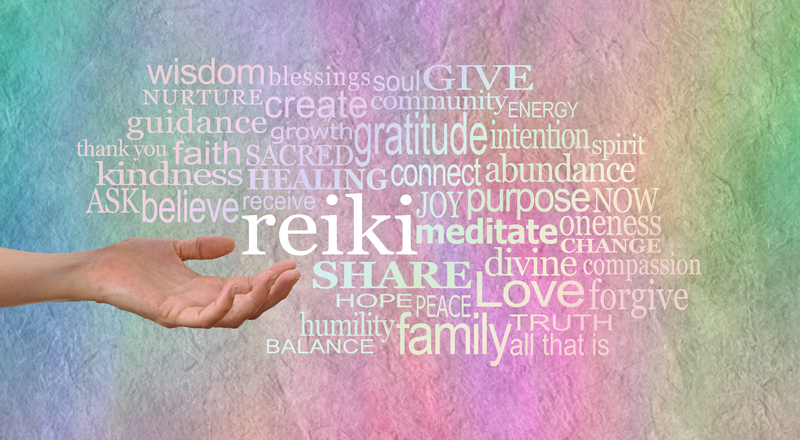We all know the saying, “think before you speak.” But how many of us actually take the time to do so? We live in a world where we’re constantly bombarded with information and stimulation, and it can be easy to get caught up in the moment and forget to think about what we’re about to say.
However, taking a few moments to pause and reflect before speaking can make a big difference. When we take the time to think about what we want to say, we’re more likely to communicate our message more effectively. Not only that, but, thinking before you speak can help you avoid saying something you might regret later.
Realize that words carry tremendous power
Words are one of the most powerful tools we have available to us in life. Whether they be used to forge relationships, create business opportunities, or simply express our feelings, language has a far-reaching influence on nearly every aspect of our existence. Taking the time to think before speaking grants us control over that power: not only do our words become more insightful, but we also gain profound discernment with which to craft our language so that it both represents and amplifies what it is we seek to express.
Knowing this helps bring into focus the notion that words carry tremendous power, and that such power should never be taken lightly.

Understand that your thoughts create your reality
Taking time to think before you speak has immense power. Though this concept isn’t discussed frequently, it can create a strong and conscious reality for yourself. When individuals recognize that the words they choose carry meaning, they are able to articulate their ideas with precision and clarity.
In order to reach this level of understanding, one simply needs to understand that every thought creates a new reality. What we think largely shapes and forms our outlook on life; as such, it’s crucial to think with intention before speaking in order to achieve the desired outcome in your life. Reflection helps manifest these mindful thoughts so that each moment is imbued with great care and purpose.
Be mindful of the present moment
Being mindful of the present moment can be a powerful life skill, especially when it comes to communication. Before you communicate with someone else, take a moment to pause and consider your words carefully. This ensures that what you say is conscious and precise, allowing for more meaningful connections with others.
It may not come naturally at first, but taking time to think before you speak will become second nature over time. That way, you can harness immense power through your knowledge of mindful speaking – something few people know.
Listen more than you speak
Listening is one of the most fundamental skills in any interaction. It allows us to gain an understanding of the situation and to think before we speak, which ensures that when we do contribute to a conversation, our words have more power. Surprisingly, few people are aware of this impact; by actively listening more than you speak, you can make sure that your voice carries weight and authority when spoken.
This simple action can also immensely aid problem solving activities since it opens up new perspectives for dialogue and increases clarity between parties. As such, listening is an essential ingredient for successful communication and should remain a priority.
Ask yourself if being silent is better
Before you open your mouth, ask yourself if maintaining silence might be better in the situation than speaking. Reflection fosters mindful and purposeful communication that undoubtedly gives the words we do choose greater power. Sadly, too few people are aware of this, yet it is an effective technique for making sure our verbal messages are meaningful and impactful. Take a pause and think before choosing to speak; being thoughtful will allow your voice to carry more weight.
Ponder on the consequences of speaking
As humans, we are used to speaking without thinking about the consequences of our words. However, it is important to remember that words have power and can have far-reaching effects. Taking the time to ponder on the repercussions before speaking not only makes sure that the meaning behind your words is accurately conveyed, but also infuses them with more conviction and strength.
If we start becoming mindful and deliberate in our conversations, it can help to create a positive change in the way people interact with each other. Ultimately, it all boils down to taking a few seconds of pause before letting those words out of your mouth – something that every one of us should work towards consciously.

Ask what the person needs to hear most
Asking what someone needs to hear most can be a powerful tool. It involves paying attention to the other person and actively listening in order to assess their needs. Asking this question is an act of mindfulness, which is the practice of being aware of one’s present moment experience.
This awareness is key to verbal communication with others; it enables us to respond more effectively and authentically, while also thinking before we speak to ensure our words are conscious and meaningful. Few people know that this simple question has the potential to strengthen relationships and enrich conversations.
Through mindfulness of our thoughts and actions, we can ensure that our speech is conscious and reverberates the qualities of respect and care. The thought process behind speaking can be one of tremendous value – by realizing what we want to say before speaking out loud and understanding our thoughts’ implications, we can become wise with our words.
So take a moment to consider if being silent is smarter, inquire what the person requires to hear most, and ultimately use your voice intentionally as an instrument of empathy and connection. Remember: every word you speak has an impact on shaping the world around you!
This came to me this week on thinking before you speak, and I think it’s worth remembering.
Here are some questions to ask yourself before speaking, especially when it’s something really important and particularly at times when you may be upset and angry. Sometimes it’s best to say nothing until you calm down, and then when you do finally speak, consider this:
T – is it truthful?
H – is it helpful?
I – is it important?
N – is it necessary?
K – is it kind?
Once words are said you can’t take them back.
Let’s make our words kind and let’s make our words count.
Many blessings







